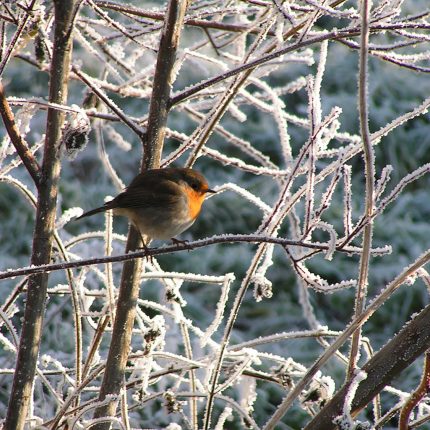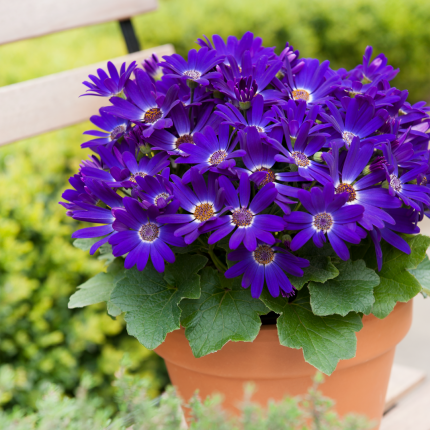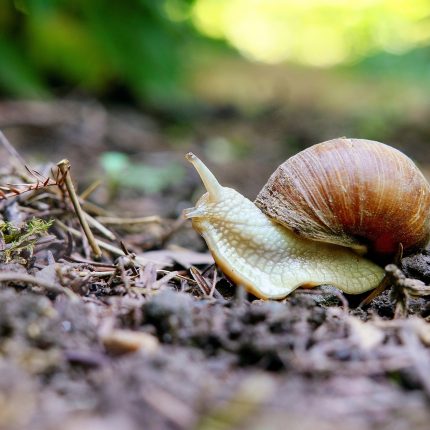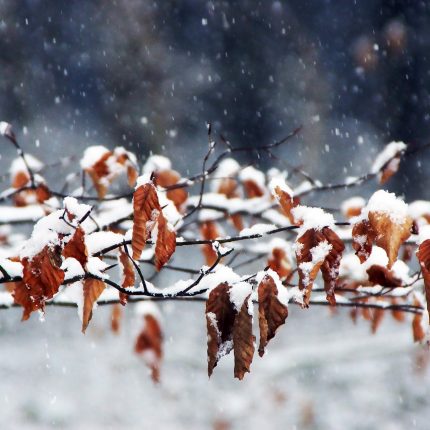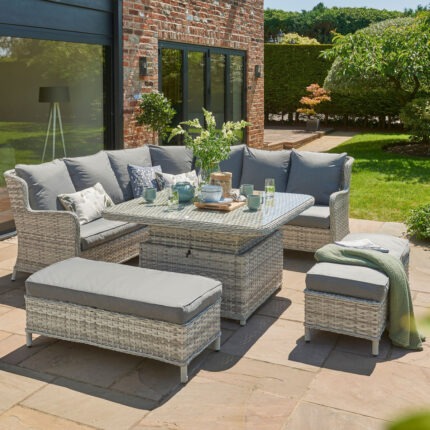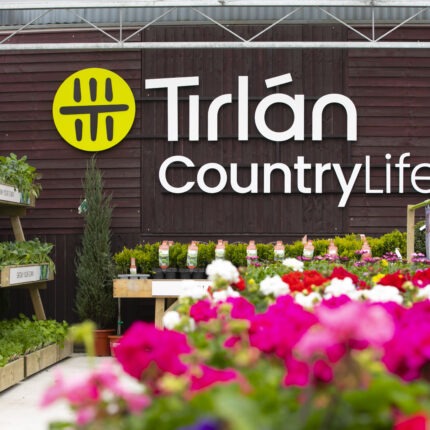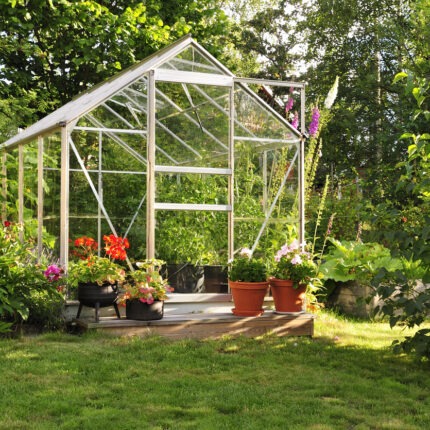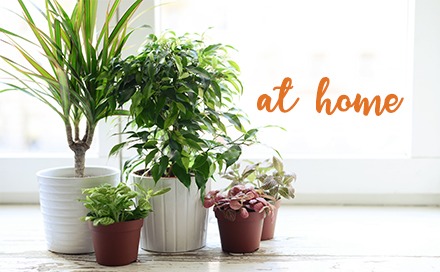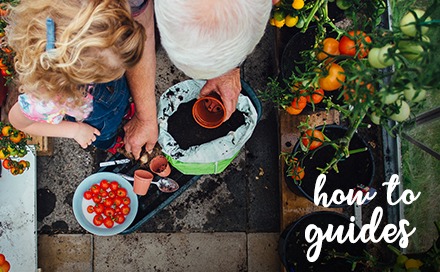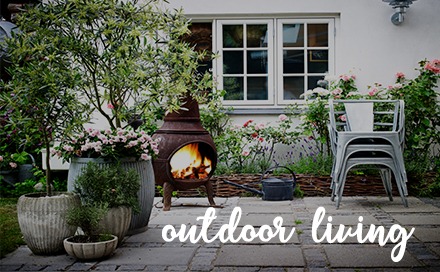Protecting Plants from Dehydration, Pests and Wind
Plant Protection
Protecting your plants is an important process that needs to be given attention year-round.
Here are some tips to keeping your plants in the best possible condition in our unpredictable climate.
Keeping Plants Hydrated
Around this time of year, we’d hope that temperatures will start to rise. With this in mind it’s vitally important that your plants are watered regularly.
Try to water your plants when it’s fairly cool, so normally in the early morning or in the evening. This will allow water to reach the roots of the plant without excess water being evaporated.
It is important to be just as conscious about over-watering plants as under-watering them. By over-watering your plants, you increase the likelihood of your plants getting root-disease.
Many people over-water their plants when they notice that they’re beginning to wilt. Wilting can be a way of your plant simply protecting itself from the sun, and not necessarily a sign of dehydration. Check the moisture of your soil and use this as an indicator as to whether or not your plant needs to be watered.
A good way to ensure that your plants retain moisture and stay hydrated is by mulching. Mulch traps moisture within the soil which greatly helps plants. Mulching can also help to prevent weed growth .
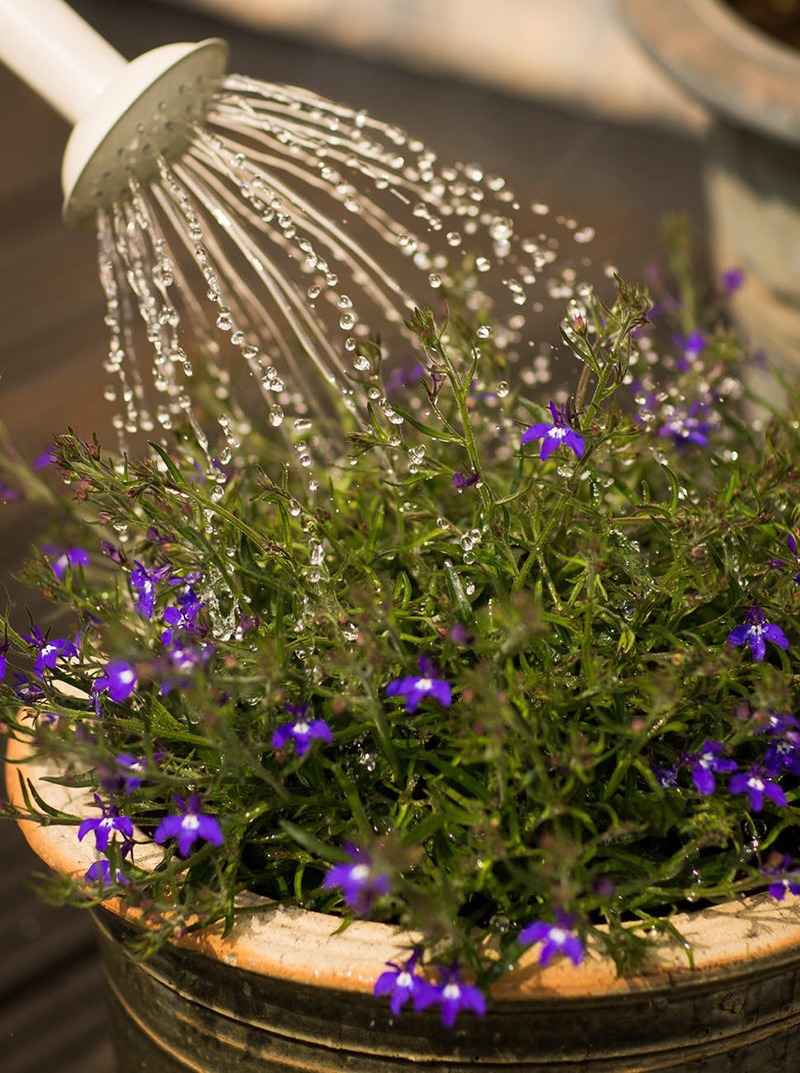
Protecting Plants from Pests
Later in the year when we get damper conditions pests such as slugs and snails start to become a problem. The key to slug and snail control is tackling the problem early on.
Our gardening expert Malachy reccommends Neudorff Sluggo. While these pellets do a great job of controlling slugs and snails, they don’t affect any other creatures around the garden such as birds or pets.
We also realise that slugs and snails play a vital role in a garden’s ecosystem. You can create a barrier to your plants with copper tape, gels or wool pellets.
By raking over your soil and removing fallen leaves you can expose slug eggs which will make them more likely to be eaten by birds.
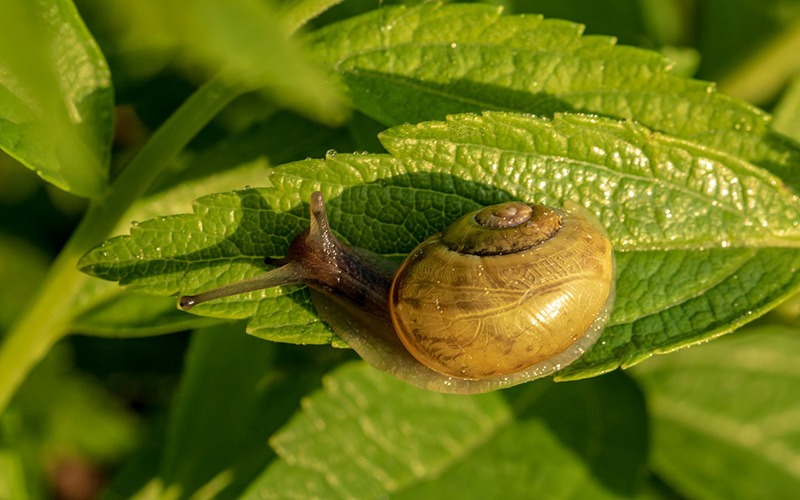
When it comes to protecting your garden against birds, there are few better ways than psychological methods. This includes hanging reflective materials such as tin foils or CDs, or even a good old-fashioned scarecrow!
In the event that birds are no longer fooled by your methods after adapting to them, there are further measures you can take such as barrier methods; Bird scare lines are harmless to birds and easy to use. They consist of polypropylene tape which you can stretch between two stakes. The tape will vibrate in the wind and emit various high-pitched noises which will scare off birds.
Bird netting is another barrier method, and probably the most effective. It will prevent birds from being able to access your plants, and can also stop butterflies from laying eggs around your plants that caterpillars would eventually emerge from.
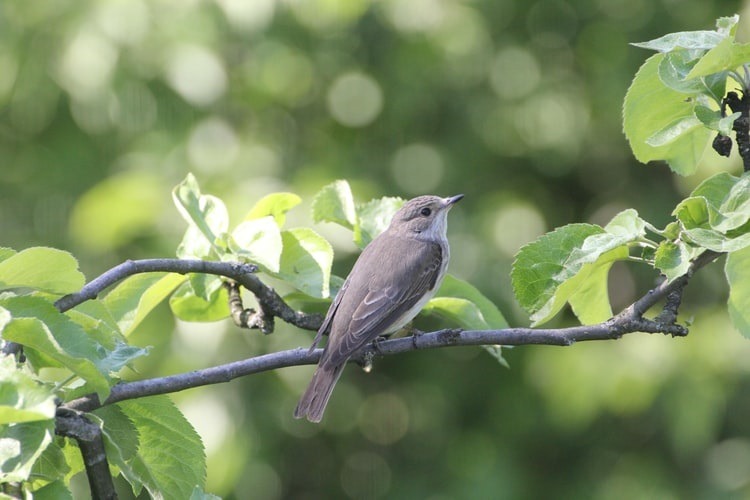
As many of us know, weeds can be the biggest pest of all! Weed growth can be prevented with weed control fabric such as WeedBlock Premium. This contains UV coating and allows for low water run-off and soil moisture conservation. This method allows you to protect your plants from weed growth without the use of harmful chemicals.
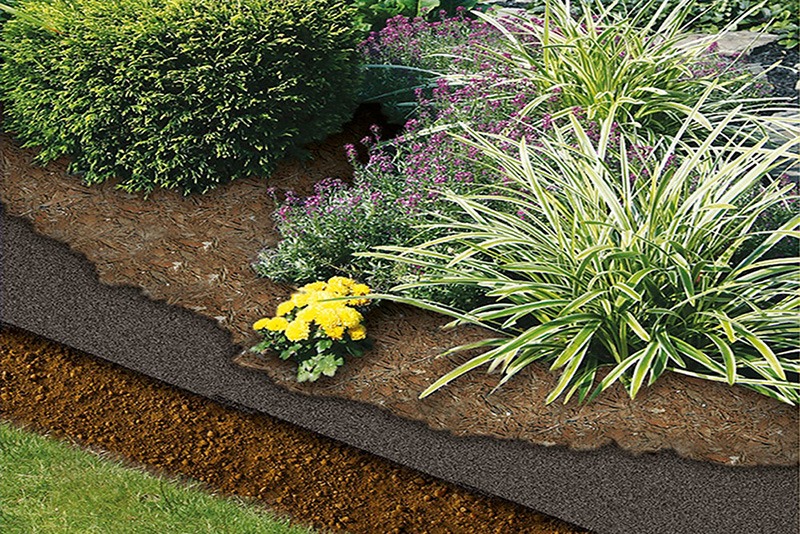
Protecting Plants from Wind
Windy weather can be very damaging to a plant. Wind dehydrates plants as it dries out the soil, especially when combined with high temperatures. It is vital to regularly check soil moisture in these kind of conditions and water if needed.
A good idea is to grow some of your bigger plants next to your smaller, more vulnerable plants to act as a shield, both from the wind and from receiving too much sunlight.
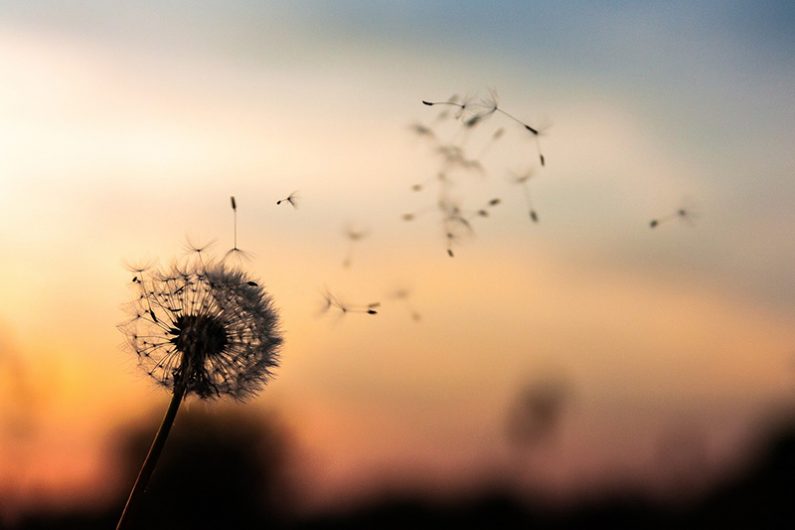
We’re here to help
If you have any questions about protecting your plants don’t hesitate to contact us on social media @CountrylifeGC. If you have a specific problem such as pest damage, please send us a picture. We’d love to help.
Even though our garden centres are temporarily closed as part of the fight against Covid-19, our gardens are still growing and providing a vital refuge for us in these difficult times. Our aim is to keep providing you with our gardening advice and inspiration from our horticulturists even though we all have to make do with our current supplies. We look forward to welcoming you back to our stores soon. In the meantime, we have a restricted range available online for home delivery at CountryLife.ie.

